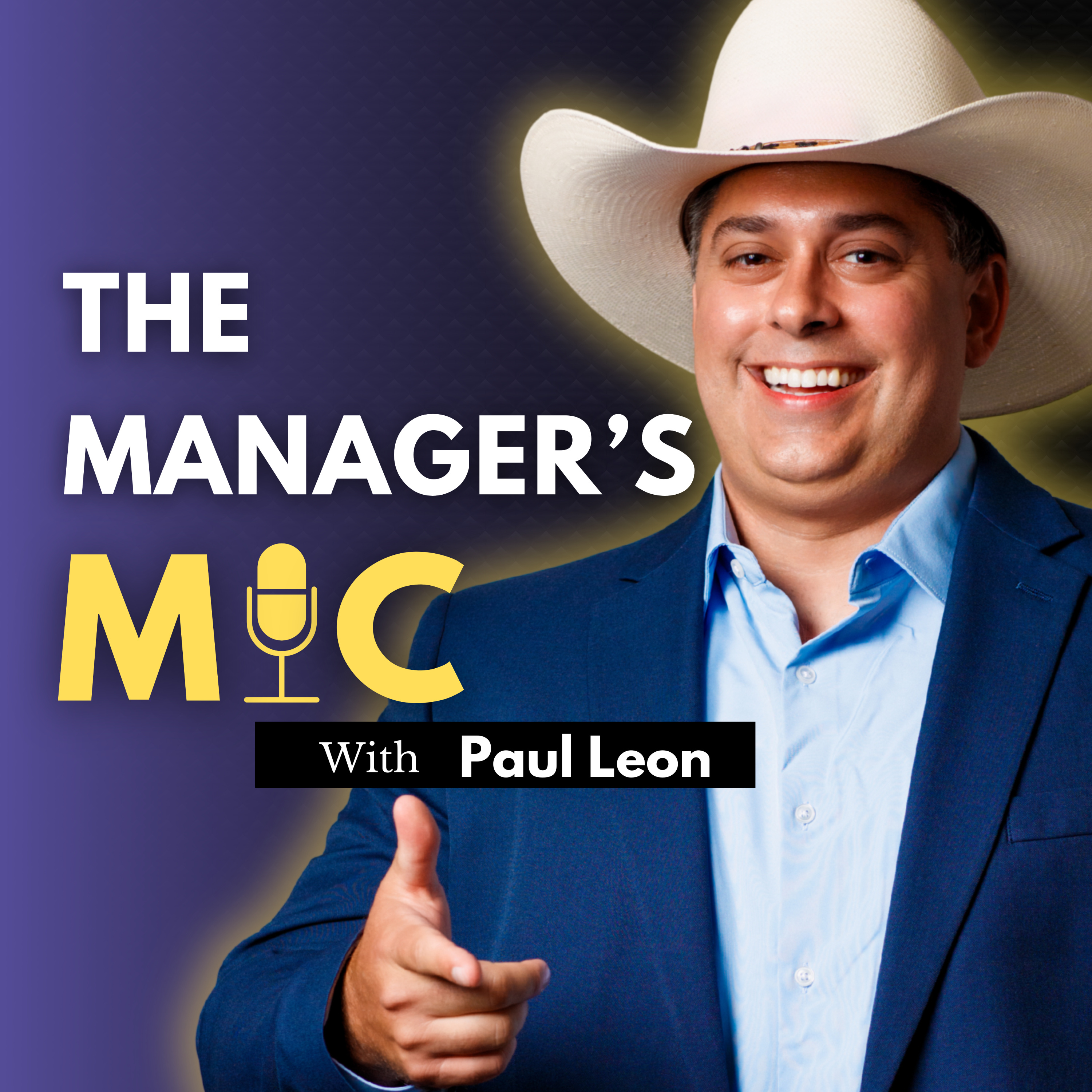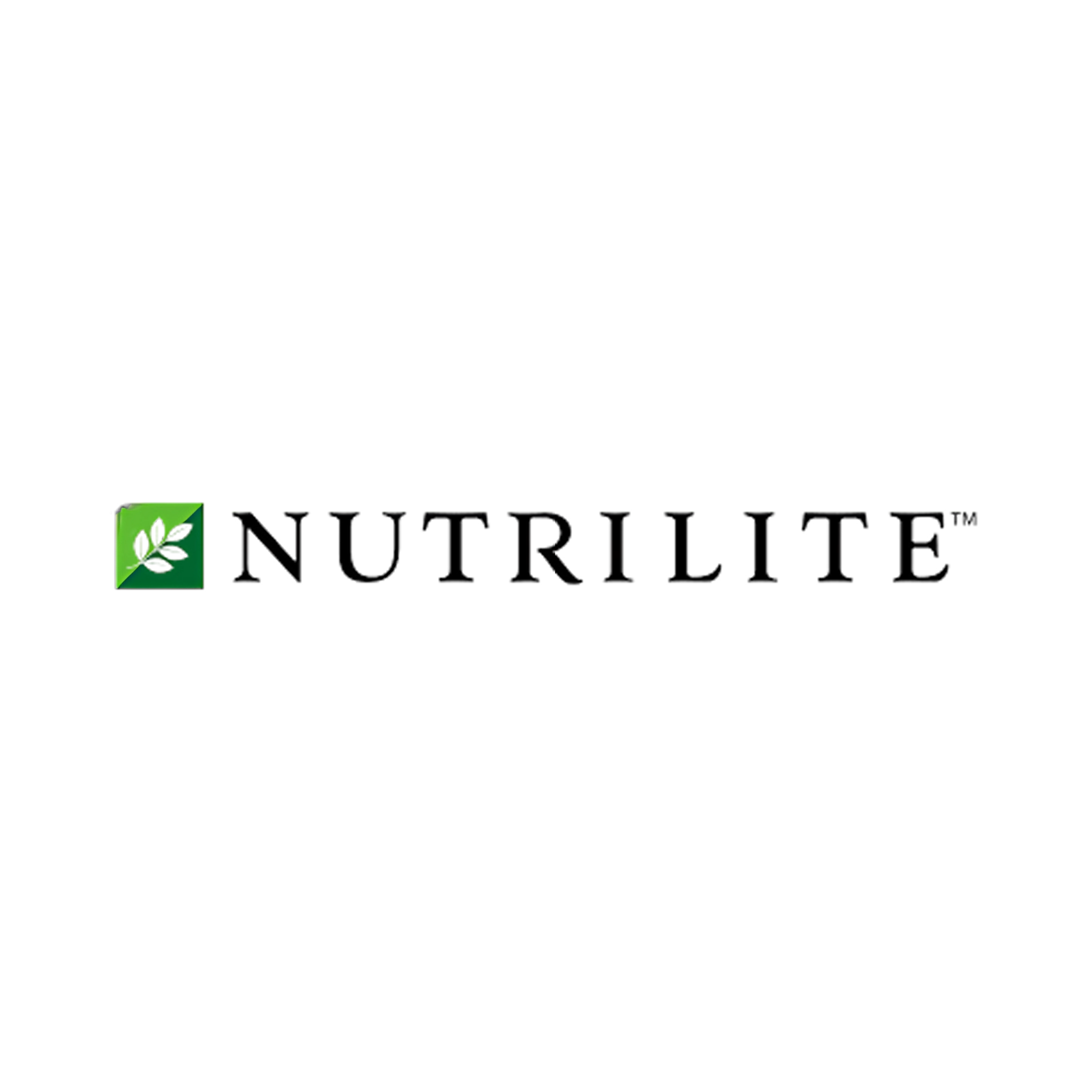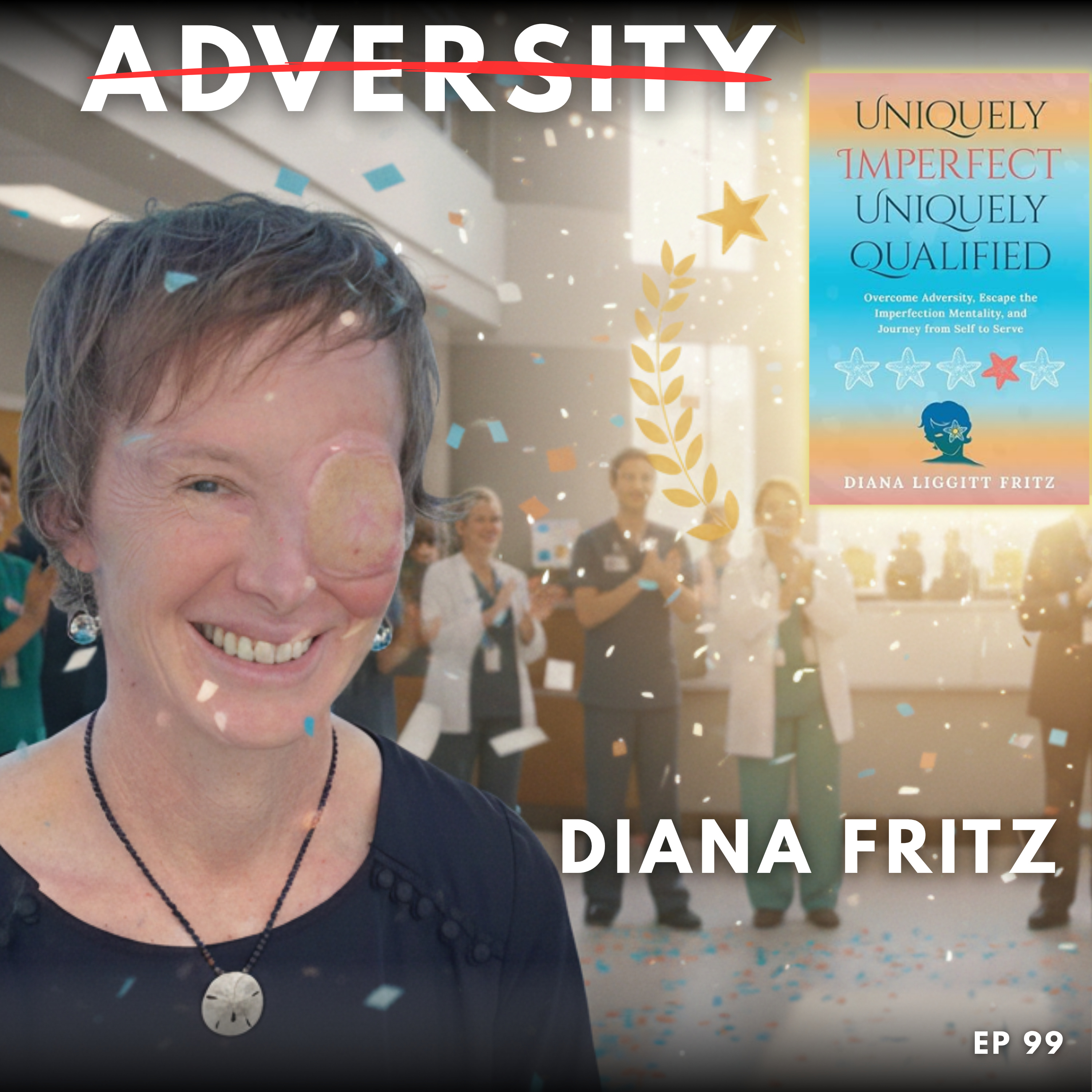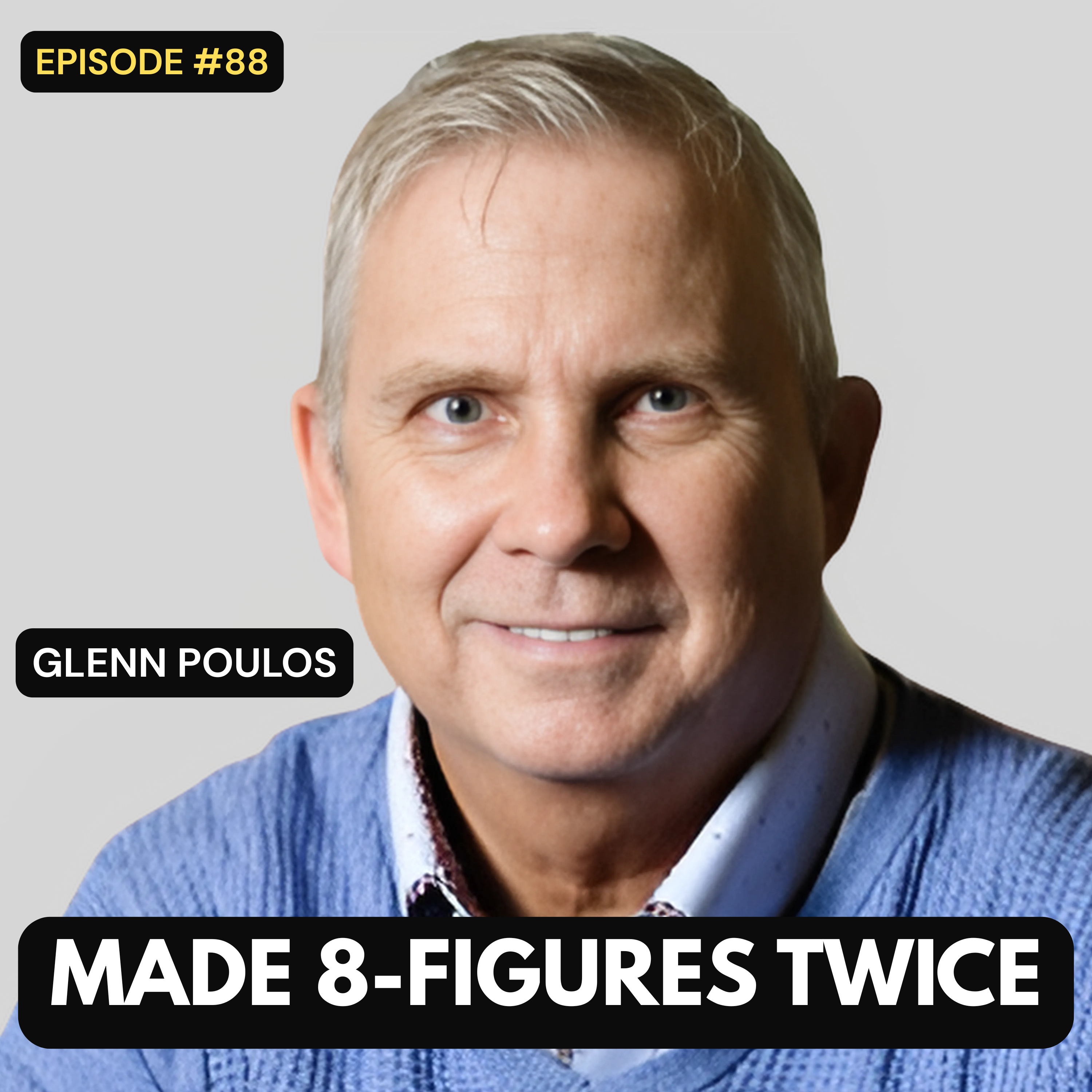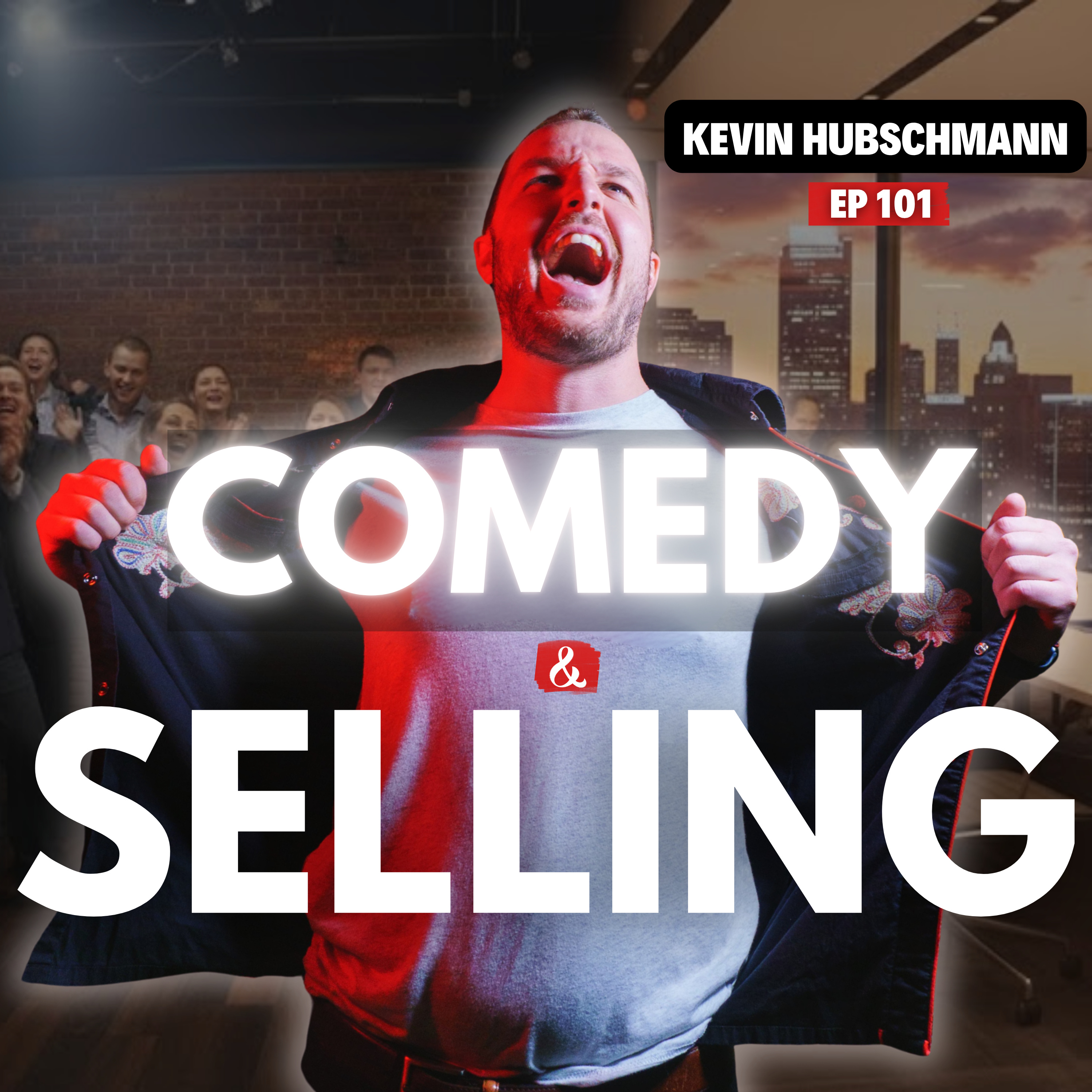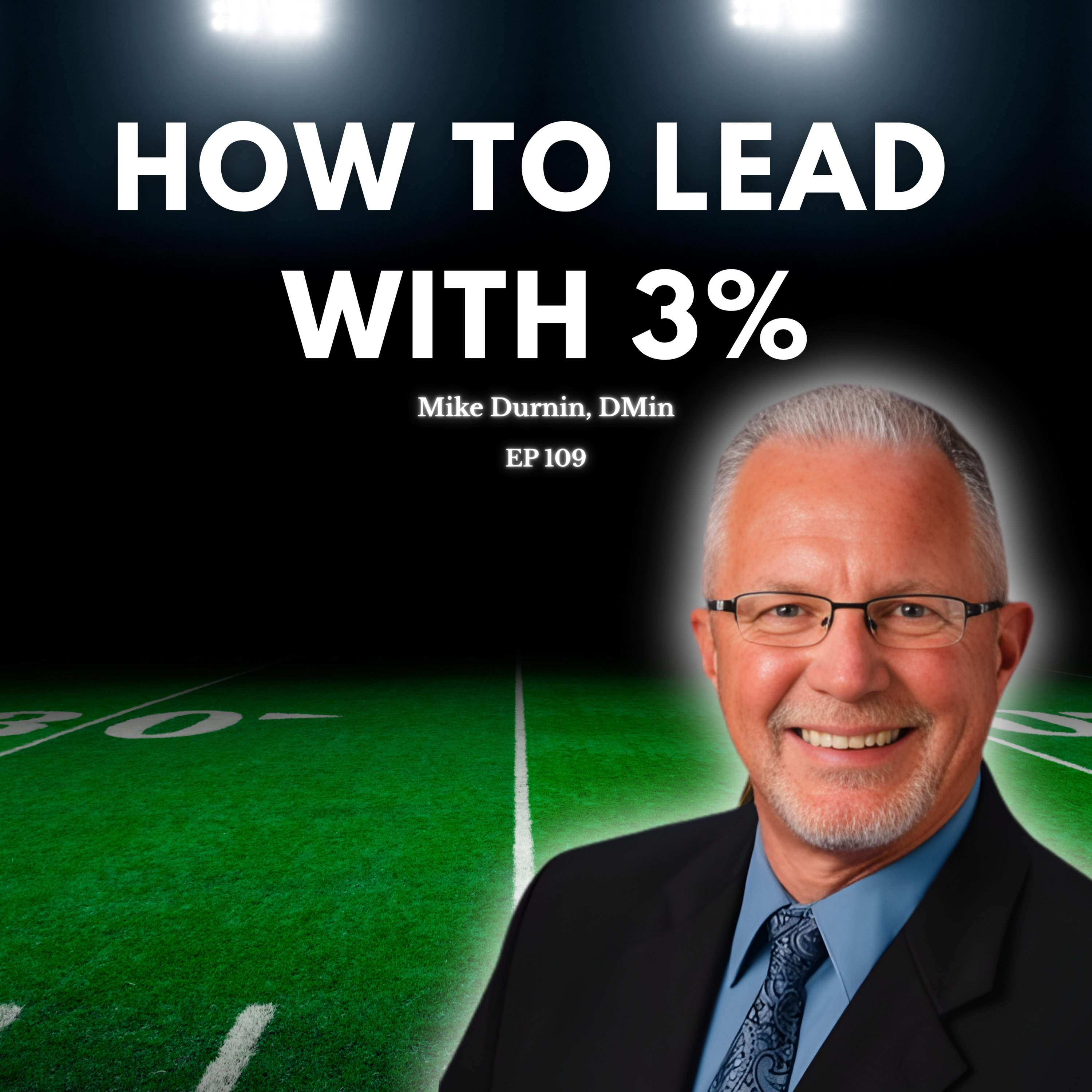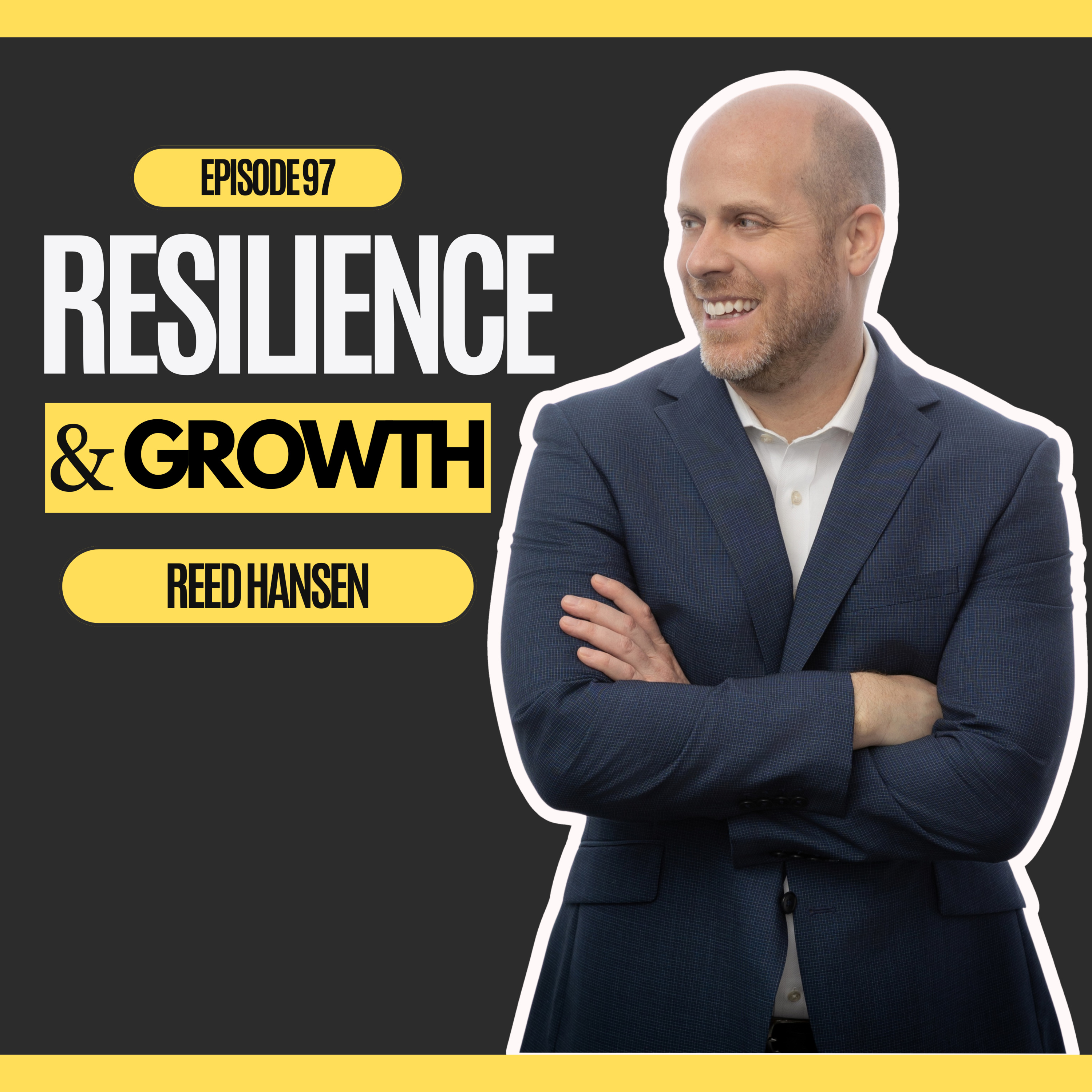
Summary
In this episode, Reed Hansen shares his journey to becoming a Chief Growth Officer. Reed's humble journey to where he is now began with working in landscaping alongside his dad. Together, we discussed resilience, people skills, and the significance of authentic content marketing. All while reflecting on the legacy he wishes to leave for his family and the impact he hopes to have on them.
Follow Reed Hansen
Email | Website | LinkedIn | YouTube
Chapters
00:00 Who is Reid Hansen?
05:04 The Power of Resilience
10:00 Navigating Layoffs?
13:50 People Skills: Balancing Empathy and Assertiveness
18:02 Marketing Trends
20:00 Leveraging Automation
23:15 Key Insights on Content Marketing
25:39 Selling Systems with Content Marketing
29:03 A Practical Cadence for Content Marketing
32:01 The Final Question
Paul Leon (00:00)
Welcome back to The Manager’s Mic podcast. I have with me today Reed Hansen, who’s the chief officer at marketsearch.io.
His career has been anything but ordinary—from working alongside his father to now leading a fast-growing digital marketing agency. Reed has lived the lessons of hard work, resilience, and innovation.
Along the way, he’s discovered how the right blend of people skills and digital strategies can drive growth, customer retention, and lasting loyalty.
We’re going to talk about Reed’s journey, the mindset shifts that helped him level up from that starting point, and the strategies businesses can use today to grow smarter and faster. Reed, welcome to the show. It’s exciting to have you on—it’s been about a month of planning to get this going.
Reed Hansen (00:52)
Thank you so much, Paul. I’m glad to be here. I really appreciate the collaboration.
Paul Leon (00:56)
Help me out. One thing I find fascinating about your story, Reed, is you went from working in your father’s landscaping business as a kid to leading marketsurge.io. In that story, there’s a gap—it’s like Luke Skywalker and then he didn’t beat Darth Vader. Walk me through that gap and the big lessons that stuck with you along the way, if I may.
Reed Hansen (01:22)
Absolutely. As you mentioned, I had the experience—at the time I didn’t appreciate it—of my dad taking me to work in the evenings and on weekends from about age eight on. I did work like pulling weeds and piling rocks—very menial things. He was a landscape architect and, of course, I wasn’t going to help with drafting designs, so I did the monotonous stuff.
Over time, I started to appreciate how cool it is to run and manage a business. I always thought my dad was so cool, and that’s something I wanted for myself at some point. So what did I do? I went to college and immediately joined a company and worked in corporate.
Ironically, I started with a tech startup in sales and learned a lot. I think diligence paid off. I don’t think I was particularly talented at sales except that I was very good at picking up the phone and calling, and if I got a “no,” I could bounce back quickly. That’s been an important characteristic throughout my career—whether it’s hardheadedness or stubbornness, I don’t know, but it has served me well.
I had a variety of sales roles. I didn’t always feel like it was a great fit. I’m a bit introverted and prefer thinking in my own head. I’m sometimes a wallflower at parties. That doesn’t really sound like a salesperson. So I decided to get an MBA to pivot into something marketing- or strategy-related.
After my MBA, I spent time at Oracle and then worked for digital marketing agencies. There, I felt like I was starting to make the bridge into marketing. My experience at these agencies: I got laid off from the first one because it was getting acquired. I joined the next one, Punchkick Interactive—two years later the exact same thing happened: it got acquired and I was laid off again.
Fortunately, resilience kicked in. I bounced back and found a role at Northwestern University, working in higher ed and building custom programs at the business school for corporations to train high-performing talent. It was a great role, but even then I was thinking, “Let me start strategizing how I can run my own business and go off on my own.”
The opportunity came up to purchase a marketing agency—Market Surge—which had been around a few years. We pulled the trigger and I took over. For the last two years I’ve been CEO/Chief Growth Officer of Market Surge. Honestly, this has been my favorite role ever, and I feel like every step of the way I acquired skills and learnings that help me now. It’s been fantastic, and I’ve learned a lot about myself, about management, and about how the real world works.
Paul Leon (04:43)
As someone going through an MBA program now, hopefully finishing next year, hats off. I’ll have to contact you offline for tips post-recording. You mentioned moving into sales as an introvert. Looking back on those experiences, the word that sticks out is “resilience.” That seemed like the catalyst. Define resilience and how it shows up in your management and leadership, if I can peel that onion a bit more.
Reed Hansen (05:23)
Great. First, a leader should lead by example. In any interaction, there are things you control and things you don’t. You can do your job very well, and other things will interfere—things that make your job harder or impossible. You don’t control everything. As determinative as your performance is, sometimes the client won’t buy despite your best efforts, or the business you’re working for goes under for unrelated reasons.
We all have to get used to that. As a leader, being able to bounce back—being unflappable in light of those circumstances—is really important. An anecdote: I bought this agency in April of 2024—not even two years ago. Two weeks after I purchased it, an unresolved contractual matter between the former owner and a few clients resurfaced and turned into a very expensive legal battle we had to sort out. We had contract language that would reduce the price of the acquisition, but it consumed a lot of my time and bandwidth and felt like a major setback.
It was challenging to stay focused on growing the business. That was a moment: do I quit, or do I go forward? I felt that for the sake of my clients and employees I needed to keep a level head—not lose my temper, not be vindictive, not take actions that felt like revenge. I took the high road wherever I could and worked to end the legal matter. I don’t know the effect on my employees, but I feel like we got closer and trust increased. That’s an important characteristic of a leader.
My father was emblematic of that. One part I left out: his landscaping business ultimately failed. He was great at landscape architecture, but he didn’t have marketing in place and definitely didn’t have accounts receivable or collections processes. Eventually, that caught up and he had to close. That was a great lesson: he didn’t wallow; he pivoted to a new career, continued in manufacturing, and is now a successful executive in the ethanol industry. He’s done well. That example mattered.
Paul Leon (08:35)
I appreciate the transparency. I connect with being laid off; it takes a special kind of emotional toughness. Do you feel that going through layoffs and seeing what your father went through—and turning that pain into progress—is what’s allowing you to handle your current challenge? If you hadn’t gone through that, would you be handling it as well?
Reed Hansen (09:35)
I’d agree. I wouldn’t say I’m glad I went through it, but it strengthened my mindset—setbacks don’t feel permanent. When I got laid off, I felt like the momentum of my career was over and I’d carry a scarlet letter—worse when it happened again at the next job. But then I went into my next role and had new skills, more maturity, and almost a level of fearlessness that wasn’t there before. Not completely fearless, but I’d gone through something and come out the other side. I wasn’t broken.
I wouldn’t wish it on anyone. It’s surreal: you’re willing to work and doing a good job, and it doesn’t seem fair. But a lot of success isn’t “fair” either—timing and circumstances you didn’t control. Focus on the qualities that make you a good professional and be satisfied with that. Do your best. Get enough at-bats and you’ll hit a home run.
Paul Leon (11:17)
Combine the people skills it takes to get there with running your company. Then we’ll transition into Market Surge and the solutions and learnings you’ve had helping this customer avatar.
Reed Hansen (11:43)
By disposition, I’m an introvert. I like to think before I speak; I’m economical with my words. I balance my life with extroverts—my wife can talk anyone’s ear off at parties and I can sit back and enjoy it. I have a natural ability to listen, and I use it to understand different personality types and approaches to solving problems. It’s expanded my toolset.
I’ve also had to go against my instincts. I’m a natural listener and empathetic, but at times I have to be more assertive. I plan ahead for situations where assertiveness is required—pricing pushback, for instance. That’s not the place to just empathize; I shift mindsets and embody a different approach.
Leadership example: we ultimately let an employee go. He had every story for why he couldn’t be on time or complete tasks on time. While I wanted to listen, I had to remind myself: this is where I need to be assertive. For the organization to work, we need boundaries and a line.
Lesson: embrace your natural qualities, but don’t assume being an introvert means you’re bad at business or sales. It’s different, not deficient. As a leader, sometimes you embrace what’s natural; other times you imitate a different disposition to get the job done. Adapt. Sometimes pretend, so you do things correctly.
Paul Leon (14:53)
It’s hard in that story because you’ve been on both sides. Without naming names, what would the opposite have looked like for that former team member to stay? If someone is struggling, speak to that.
Reed Hansen (15:29)
I could have made additional concessions and tried to make it more of a learning opportunity. I considered a couple of factors. One: he was mid-career; retraining would be harder. Two: I’ve had friendly, flexible managers—fun and easy to be around—but that sometimes made me less productive. If a manager lowered themselves to be a peer and let me walk over them, I would. It made me worse.
I could have gone that route, but I didn’t want to draw it out. I saw characteristics in this employee that suggested a wake-up call was necessary. I’ve had my own wake-up calls. Sometimes the manager was removed because they weren’t doing their job. Other times the team didn’t hit its goals.
It became clear this wasn’t the right combination. Maybe it was my fault—I might not have been firm enough. The result was he’s out of a job, which is unfortunate. You can feel guilt, but sales teaches a short memory—don’t dwell on what’s behind you. Look ahead: next call, next meeting, next step. It’s always tough to let someone go. The market for his skills is strong; he’ll land on his feet. He probably needs a manager who is very firm and straightforward.
Paul Leon (18:02)
The mantra I’m living by is “Bless them, help me.” I repeat it. I hope to bless that individual and help us. Let’s get into your marketing expertise.
You run Market Surge, an automation platform for email and text. I was studying it. I want to get into the solution and then ask what trends companies are chasing now. I’ve heard, “If you can sell, you can make hundreds of thousands; if you can market and sell, you can make millions.”
Reed Hansen (19:35)
Great questions. When I bought the company, it was primarily a software company with a CRM. For listeners unfamiliar with CRMs: you log in via a browser; it’s a database with functionality to send emails and texts and create automated processes. For instance, if someone fills out a contact form on your website, the system sends communication. You can also upload a list of companies you want to work with and send an email or text blast.
Automation is helpful—it lets you do more with less time. Templates are saved and personalized—first name, company name, any field in the database. Every business should have access to a CRM in some form.
We also do web development—sites or single pages and redesigns. We manage ads and SEO to rank higher in search engines and, more recently, AI search engines.
As you know, if you have an email address you’re getting tons of cold emails—especially if you’re in a buying role. Many get automated texts too. Emails have an open rate of about 3–15% and a response rate under 1%. Texts are much more successful: 95–97% are opened and read. Texts can be more expensive and are more heavily regulated. If you send to the wrong people—bad emails or a text to a landline—you can damage your sender reputation and get restricted or blocked.
Be selective. I’m not a huge fan of cold email blasts anymore; there’s fatigue. Though we have the tool, I recommend focusing on content marketing. That’s what we’re doing now—generating a podcast, sharing experiences. Our faces and voices on this medium carry authenticity and create a real connection.
Podcasts are great. Solo videos—talking to the camera—promoted on social and on your website also work. Search algorithms love that content; it helps SEO. The content is more engaging and valuable, so visitors stay longer, learn more, and like you more. The people who really want to work with you will self-select. Whether you produce a podcast, guest on podcasts, or collaborate with journalists, those are more valuable for helping people find you and want to work with you—especially in services—than pure cold outreach, which has been challenging the last few years.
Paul Leon (24:44)
Interesting—3–15% for email, 90–95% for texts. Is there a hybrid model with content marketing and your PR service, SurgeLinks? Explain that.
Reed Hansen (24:52)
Yes. A hybrid approach is best. Don’t rely on a single channel. At least take steps in a few.
Must-have: a CRM. You need records of contacts and past sales, the ability to spot trends, and to reach out for reviews, referrals, upsells, and resells. For new prospects, some buy, some say “not now,” some say “no”—but circumstances change. Keep in touch. CRMs are great for that.
Combine the CRM with content marketing. Create educational content or discuss current events. Include a call to action: “Talk to us for more information,” or “We offer this service that solves the problem—let’s talk.” The CRM can host your calendar so people can book time. If a form is submitted, it flows into the CRM, which automates reminders and sends promised information.
SurgeLinks is digital PR. We gather information about you and use platforms journalists use to source quotes. If they’re writing a feature on entrepreneurship—general or niche—we respond and pitch you. You get the citation with a backlink. Readers see you as an expert and look you up. Google and AI models love those authoritative backlinks. Everything channels back to your website and CRM so you can follow up.
Think of channeling everything to the CRM. These tools can be inexpensive—sometimes $50/month, often with free tiers. Everything funnels there, you have the record, and you can automate immediate responses so people feel heard and see you as responsive.
Paul Leon (29:04)
What’s a pragmatic cadence in combination with these tools? Many small business owners ask about cadence to get ROI.
Reed Hansen (29:47)
A few things. Establish your business pages on Google My Business, LinkedIn, and Facebook. Post at least once a week and up to three times a week—no more than that. Posts can be lengthy, but always include an image (not necessarily an external link). Video embedded is great.
Maintain a blog on your website. Repurpose content—write the blog first (1,500–2,000 words on a single relevant topic), then reduce it for social posts. A weekly cadence is great. Over time, monitor and remove/refresh posts that don’t get links or hits—sometimes it’s timing; rewrites help.
Response speed: if someone fills out a form, respond immediately. An immediate text is great. Also pick up the phone and call. That’s not automated, but it matters. They’re likely contacting 2–3 vendors; it’s a race. If you call first, your close rate increases significantly.
Paul Leon (31:47)
I want to nerd out on marketing, but let’s peel back to personal growth and legacy—ethics and integrity. What do you want to be remembered for, and how does that show up in how you lead today at Market Surge?
Reed Hansen (32:31)
Back to my father: he wanted to be the sole provider and took that responsibility seriously. In my marriage, my wife and I both work and provide, and we both feel responsibility to our children. When his business started failing, my dad took another job—trying to save the business and working a swing shift at a factory to bring in cash. Sometimes 18-hour days. Exhausting and impressive.
If anything, I want to help my children have the best lives possible. That doesn’t mean pure pursuit of wealth. I want to be present for their lives and activities while showing what a good career and positive home can be. That’s the legacy I want. I hope I’ve lived up to that. My two daughters have turned out really well and I’m very proud of them. In two and a half years they’ll both be out of the house—maybe I’ll create new goals.
Paul Leon (34:04)
I have two kids—nine and seven—so they’d better not be out of the house in two years. My wife is the introvert between us; I have to plan my day to support her when she speaks at a conference—it takes a lot for introverts. I feel you have a lot to give, and people earlier in their journey can pull from this.
Define “legacy.” You haven’t prepared an answer, but between your father, two daughters, building Market Surge, studying data, helping companies, and the MBA—although you’re a Michigan fan and I’m a Buckeye fan—that’s the only challenge I have with you.
Reed Hansen (35:30)
I think this is the year the streak ends, but yes.
Paul Leon (35:32)
We’ll find out. If we lose this year, I’m deleting this podcast—kidding. How do you define legacy?
Reed Hansen (35:46)
At the very high levels of society, legacy gets carved in stone and memorialized in statues. For the rest of us, we live on in the memories of the people we had relationships with. That’s legacy.
I define a positive legacy as enriching the lives of the people I leave behind. I may not write a book or leave many records, but I can spend time with people younger than me—my children, hopefully grandchildren, younger siblings—listening, encouraging, sharing insights. Hopefully that makes their lives better.
From a business standpoint, if I can work with new businesses—they’ll be better at plumbing or real estate than I’ll ever be—but if I can share digital marketing lessons that help them grow and make their families’ lives better, I’ll consider that a positive legacy.
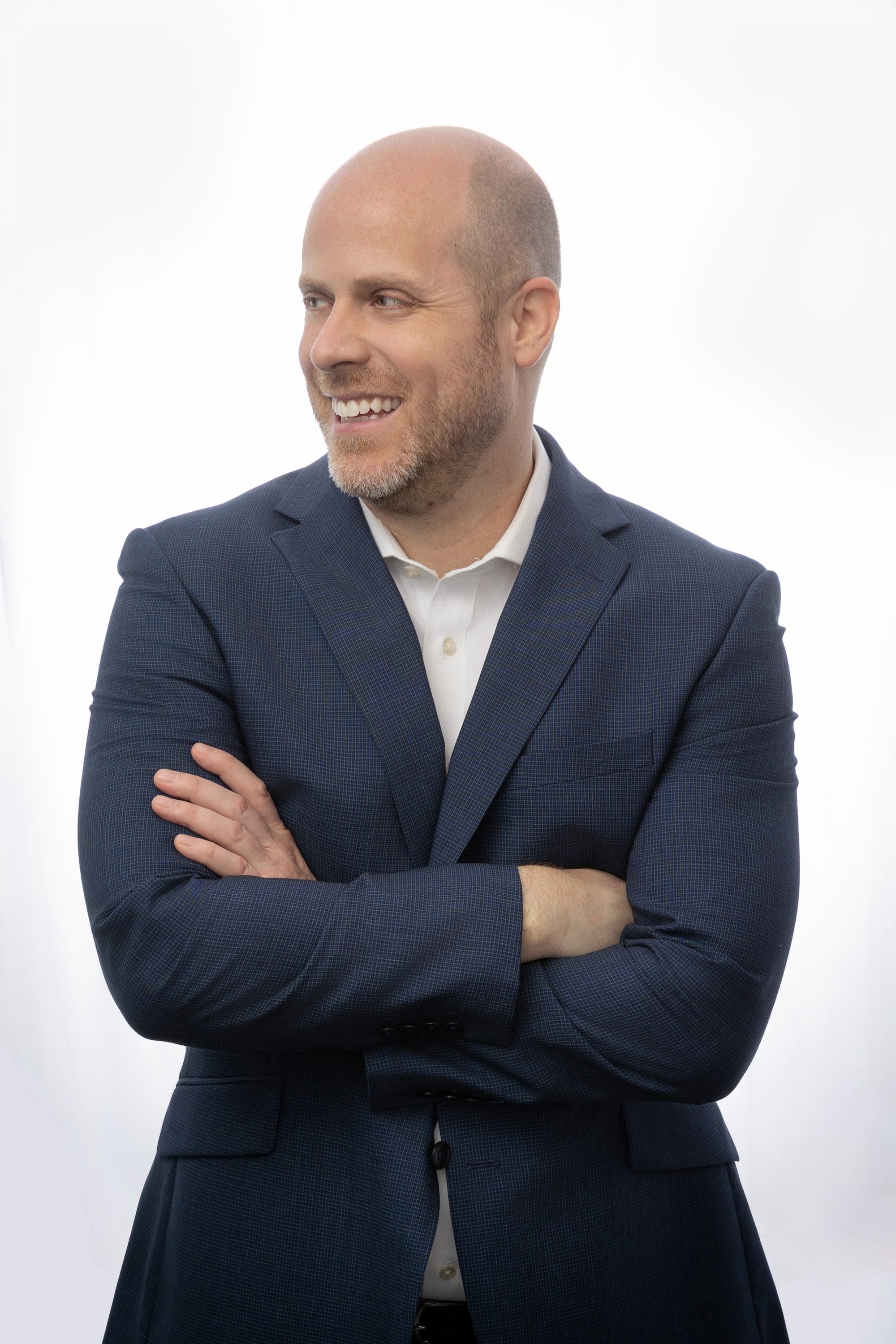
Chief Growth Officer
Reed Hansen is a seasoned marketing leader and growth strategist recognized for his ability to scale businesses through visionary leadership and data-driven innovation. As Chief Growth Officer at MarketSurge, Reed leads with a clear mission: to help businesses transform marketing chaos into streamlined systems that drive predictable growth.
With a career spanning startups to Fortune 500 companies, Reed has held leadership roles at Northwestern University, Punchkick Interactive, and Solstice, where he built and guided teams that delivered high-impact digital products and record-breaking revenue growth. Prior to MarketSurge, he founded Million Dollar Studio, where his leadership extended beyond strategy into operations, mentoring, and building resilient teams.
Known for his ability to blend creative problem-solving with operational discipline, Reed has become a trusted authority in digital marketing and organizational growth. His leadership style emphasizes clarity, collaboration, and empowerment — guiding teams and clients alike to see marketing not just as a cost center, but as a powerful growth engine.
Beyond his executive role, Reed is the host of Inside Marketing with MarketSurge, where his leadership voice extends to the broader business community through conversations that challenge assumptions, explore innovation, and inspire action.

